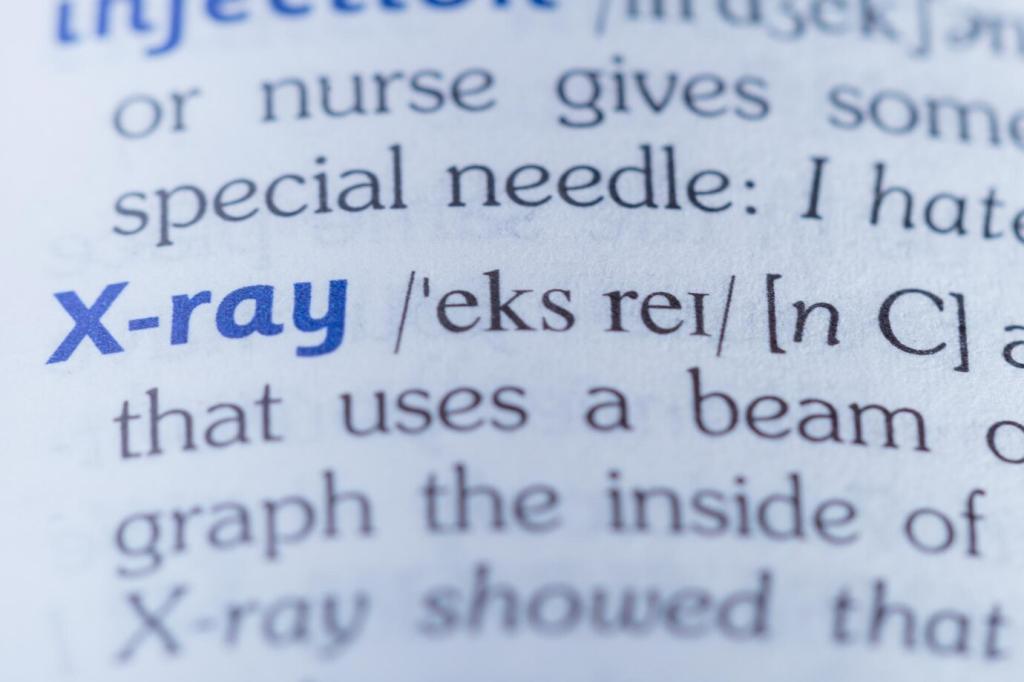Defining Quality: What Makes a Great Language Education Center
Look for recognizable oversight and transparent standards: CEFR‑aligned syllabi, external audits, and quality bodies such as the British Council, EAQUALS, or ACCET. Ask for documentation, not slogans. Which accreditations confuse you most? Tell us and we will demystify them next.
Defining Quality: What Makes a Great Language Education Center
Great centers measure progress before and after courses using reliable instruments, publish exam pass rates responsibly, and analyze level advancement. If results are vague, ask sharper questions. Subscribe to receive our printable evaluation checklist and share what metrics you personally trust.







